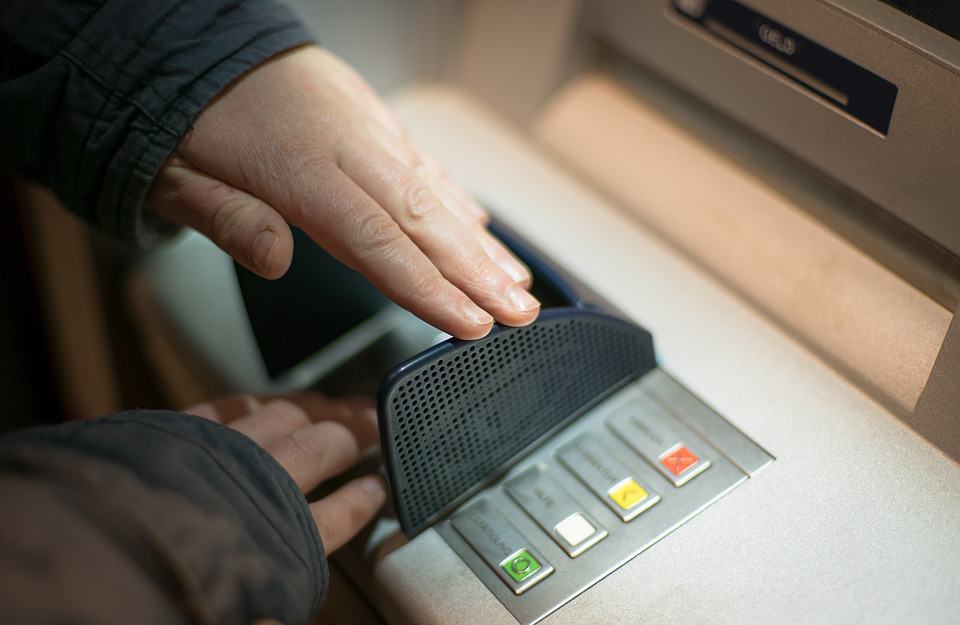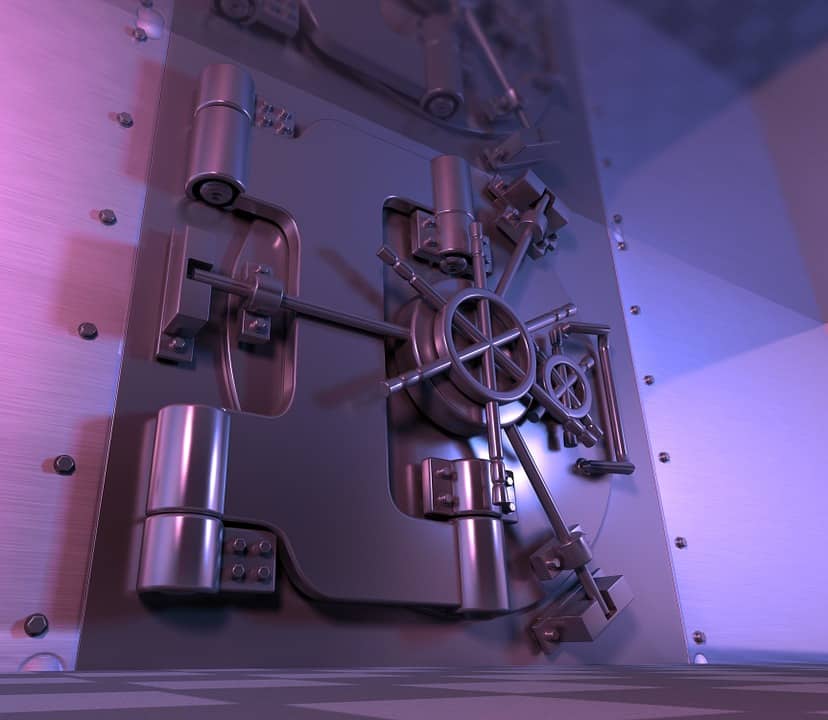Employees with fixed incomes often have savings accounts to keep their hard-earned salaries safe and secure. Students create accounts to save their allowances and ready themselves for the future. Even seniors, in their age, keep accounts to track their pensions and the money they get from their children who give them monthly extras.
Wherever you are in your financial journey, you should know that opening a savings account is as important as making money. Still not sure about trusting banks with your money? Don’t worry, you’re not the only one. But having a savings account does wonders and it will save you a lot of hassle (theft, misplacement, excess spending) in the long run.
So many account types to choose from
There are “Junior Savers” accounts with no maintaining balance and accounts with really expensive maintaining balances, around P2,000 and above. Before you open up an account, choose which account type is best for you. This is an advantage to you because you won’t have to fit to any one standard: if you’re looking for an account for daily expenses, you can use the most basic savings account type with no minimum balance. If you’re looking to save up and save well, then you’re best bet is to get an account with a high maintaining balance so that you won’t be tempted to spend it all and eventually close your account.
Easy to set up
Banks make it easier now for you to set up a savings account with a small initial deposit. When you’ve chosen the bank you’d like to open an account with, go to a bank teller and express interest that you’d like to open an account. She will then ask if you want an ATM savings account or a passbook savings account. ATM savings accounts are accounts that you can withdraw money through an Automated Teller Machine (ATM). A passbook savings account, on the other hand, allows you to keep a booklet bearing transactions you’ve made. Regardless of your choice of savings account, you’ll be glad to know that the steps are easy to follow. Make sure, though, you have the necessary requirements to submit to the bank.

Allow immediate access through ATMs and mobile banking
Banking has changed in the last twenty or so years, and one big changed we’ve all noticed is that ATMs are more abundant, and the banking industry is catching up with mobile technology. Wherever you are in the world, you can check your account via online banking to see how much you’ve spent and how much you have left. Many banks have apps available on iOS and Android-powered phones that allow you to check your account much faster.
You can earn interest
Savings accounts in general allow you to earn interest at a yearly rate. Make sure to keep a minimum balance in your accounts, which depends on the banks. For example, you’ve opened an account a little more than a year ago and you’ve kept around P5,000 left after a recent trip abroad, and you make a monthly contribution worth P1,000, and that totals P17,000 after one year. The interest per annum (ever year) at your bank is 0.25%. If you don’t touch your savings account, you can see a slight increase in your savings. You won’t see any significant changes after one year, but go back to your account after three or five years, or even 10. Your initial investment of P5,000 and your P1,000 monthly contribution will have made a big difference later on.
Keeps a record of your balance
Keeping a mental note of how much you’ve earned this month isn’t helpful. That’s why it’s good to have a savings account to show you how much you have left in your bank. There are two easy ways to check your balance: ATM and online. When you have an ATM card, you can check your balance through an ATM. Simply punch in your PIN Code and look for “Balance Inquiry.” You’ll be able to see your balance on the screen or the machine will print a transaction report that bears your balance. On the other hand, if you have an online account, you can check your balance via PC or mobile. The bank’s system does everything for you so you won’t have to count and make mental notes.

If you’re still not sure about having a savings account, you can always talk to your friends and family about this. You can research more online, and go to the bank websites themselves and see which gives a higher interest or has a smaller deposit fee. Your financial health will do better when you have a savings account, as it does everything for you while you work. With these advantages in mind, you can safely open a savings account at your nearest bank branch.

